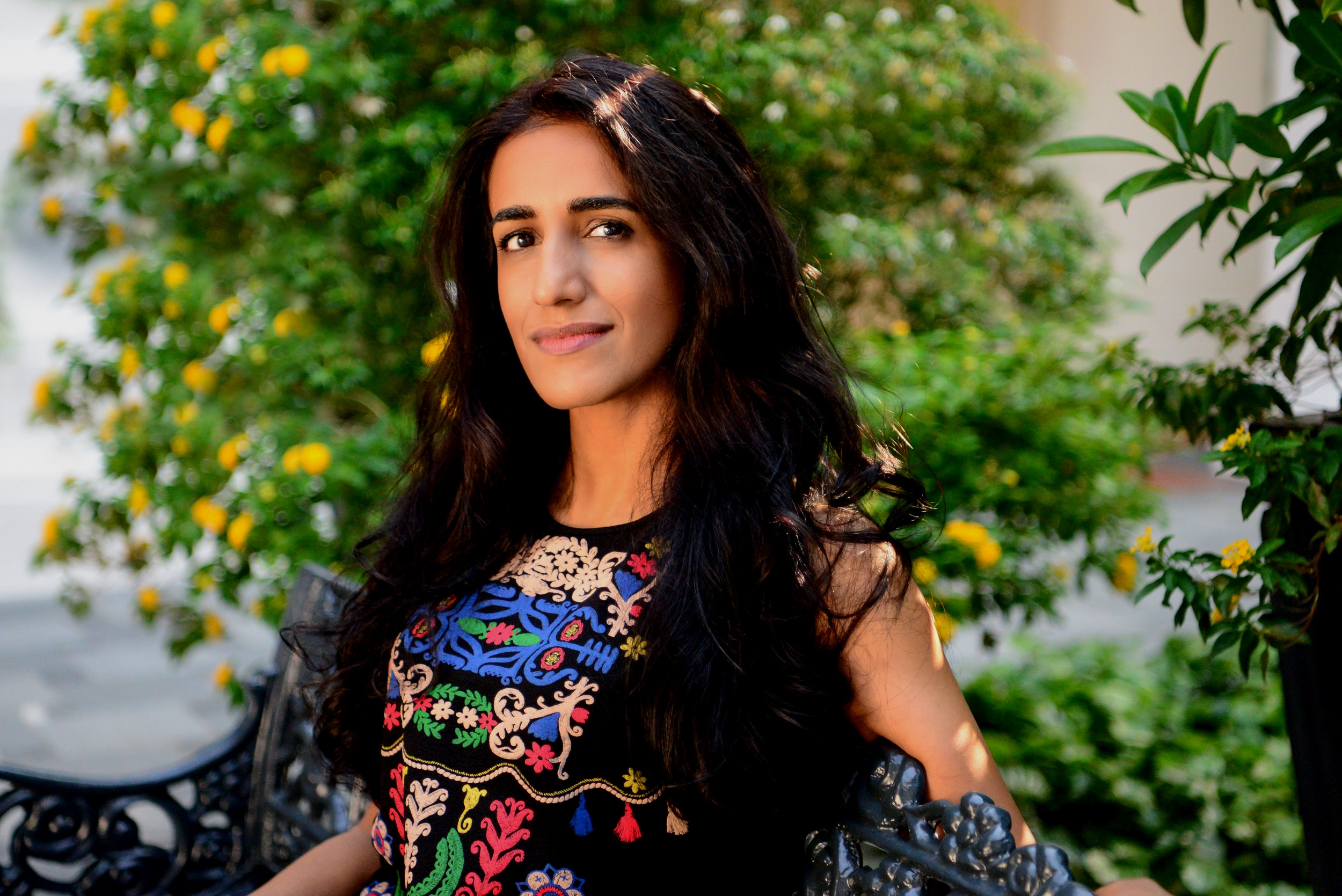As CEO and founder of ADDO AI, Ayesha Khanna works with top international corporations like VISA to augment their services with artificial intelligence and machine learning.
“For every thing that is automated, or every new insight that data and machine learning give me, it amplifies my own potential to do something more valuable,” Khanna explains. Her firm helps businesses reduce cost and time, enabling individuals to focus their effort on other pursuits.
Based out of Singapore, Khanna has a global influence. Her groundbreaking work in AI has been featured in Forbes magazine, and she has spoken at numerous world summits and tech gatherings.
Ayesha Khanna Founds ADDO AI
Growing up in Pakistan, Khanna did not envision a future in AI until she had the opportunity to study at Harvard. As an undergraduate at the Ivy League school, she realized that the tech sector had more to offer than mere number-crunching.
“A lot of people say [technology] is all about engineering, but I think it’s about creativity,” Khanna says. “When you imagine a product, and you use coding and AI to build it and it’s useful to people… that is a real high, an exciting thing for any entrepreneur.”
Khanna went on to pursue her graduate degrees in Operations Research, and then Information Systems. “New York is where I fell in love, with many things really – with the city, with the culture, but also with technology,” she recalls. Inspired by the rising tech scene in Manhattan, Khanna chose to found her company in Singapore, where she saw a rich, untapped market for developing AI.
Augmenting Life with AI
“Developing countries mean a lot to me because I grew up in Pakistan,” she reveals. “And so I saw that artificial intelligence can lower the cost of access to services like healthcare, transport, buildings. All of these things can be made cheaper and more accessible by AI.”
Nevertheless, Khanna notes that a lot of fear surrounds the rise of AI and automation. “The pace at which [automation] is moving means that there is a lot of displacement of human labor… but I wanted to change the narrative from ‘what is AI doing to me, my life, my job, my family?’, to ‘what can I make it do to make my career better? To make my life happier?’”
By freeing up valuable time and lower the cost of services, Khanna sees a future where AI augments human reality, rather than replacing it.
Ayesha Khanna Teaches Girls to Code
Dedicated to opening doors with automation and machine learning, Khanna also wants to pass on her knowledge to others. In particular, she offers young girls in Singapore the chance to learn the basics of coding and data science through her company 21C Girls.
“My advice for any young woman who wants to enter the tech industry is first of all, to learn the basics of AI and data science,” Khanna advises. With 21C Girls, Khanna hopes to make those important skills more easily accessible and to bolster a surge of optimism – not fear – about the far-reaching potential of AI.
“We are building our first platform, a customer service automation platform so that anybody in Asia can talk to a bank in their own regional language,” Khanna says, giving an example of the kind of how AI might improve lives globally. “And the AI chatbot can give them the information. Do you know how frustrating it is for poor people or middle class people, how many hours you spend in lines? So there’s a need, there’s a demand.”



